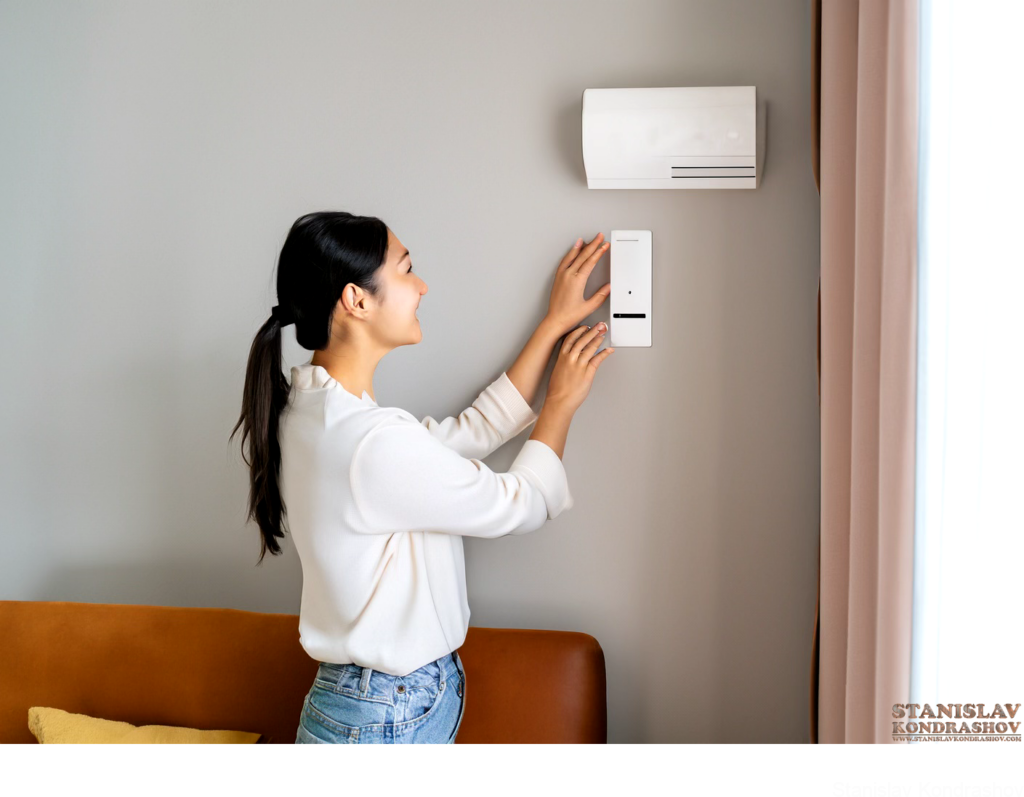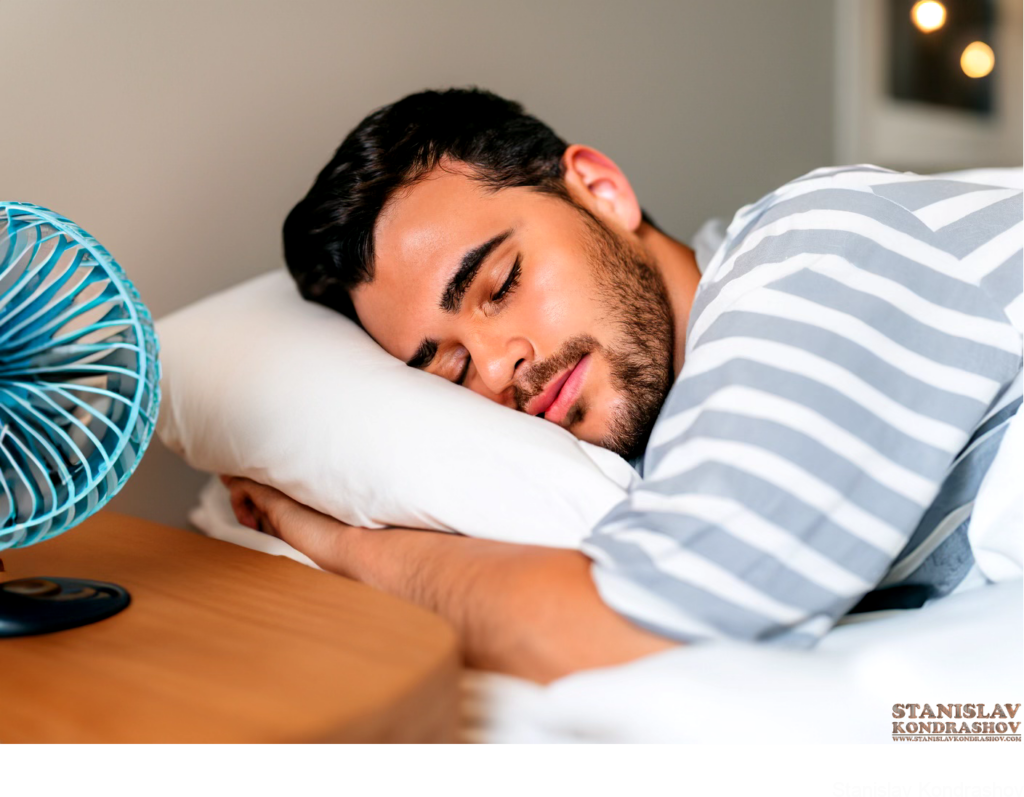When it comes to a good night’s sleep, the temperature of your bedroom can be as crucial as a comfortable mattress. Surprisingly, the warmth of your sleeping environment not only affects the quality and duration of your sleep but also has implications for your overall health, including stroke risk. Let’s turn down the thermostat and explore the ideal temperatures for a restful, health-boosting slumber.

The Science of Sleep and Temperature
Our body’s internal clock, or circadian rhythm, regulates our sleep-wake cycle and body temperature. As we near bedtime, our body’s core temperature naturally drops, signaling that it’s time to wind down. Sleeping in a cool environment complements this natural thermoregulation, leading to longer, uninterrupted sleep.
The Sweet Spot: 60-67°F (15-19°C)
Experts suggest that the ideal bedroom temperature for optimal sleep is between 60 and 67 degrees Fahrenheit (15-19 degrees Celsius). This range helps facilitate the natural decrease in body temperature and supports the deeper phases of sleep.

Too Hot, Too Cold: The Extremes Disrupt Sleep
Sleeping in a room that’s too hot or too cold can lead to restless nights. High temperatures can prevent the natural cooling of the body, while very cold temperatures can be discomforting and disrupt sleep.
Reducing Stroke Risk: The Cooling Benefit
Research indicates that sleeping in cooler environments may reduce the risk of certain health conditions, including stroke. Overheating during sleep can increase blood pressure and inflammation, both risk factors for stroke. A cooler sleeping environment helps maintain a healthy blood pressure and reduces inflammation.

Sleep Quality Over Quantity
It’s not just about how long you sleep, but how well you sleep. Cooler temperatures promote uninterrupted, high-quality sleep, which is crucial for cognitive function, emotional well-being, and overall health.
Personal Comfort is Key
While 60-67°F (15-19°C) is generally recommended, personal comfort should guide your choice. Experiment within this range to find your ideal sleeping temperature.

Creating a Cool Sleep Environment
Beyond adjusting your thermostat, consider using breathable, moisture-wicking bedding, and sleepwear. Keeping your room well-ventilated and using fans can also help maintain a cool environment.
Embracing a cooler bedroom temperature can transform your sleep experience and contribute to your overall health, including potentially reducing stroke risk. So as you prepare for bed tonight, remember that turning down the thermostat could be the key to unlocking a night of restorative sleep and a healthier you.
By Stanislav Kondrashov



